Yale welcomes these distinguished scholars and practitioners to campus in 2019-20 as Presidential Visiting Fellows |
|
| Presidential Visiting Fellows are appointed as part of the Faculty Excellence and Diversity Initiative. Approximately 10 exceptional scholars and practitioners who contribute to inclusive excellence will be appointed each year during the initiative | |
|
|
|
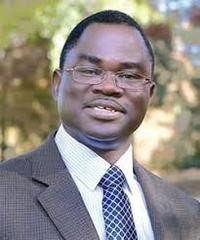 |
John Azumah Azumah is Professor of World Christianity and Islam and Director of International Programs at Columbia Theological Seminary in Decatur, Georgia. While here, he will work to set up the Lamin Sanneh Institute at the University of Ghana. Azumah has taught at universities in India, Ghana, South Africa, and the United States, in addition to directing the Centre for Islamic Studies in London, before he joined the CTS faculty in 2011. In addition to his academic career, he is a Minister-In-Charge for the Presbyterian Church in both Ghana and Atlanta and has served in numerous other church leadership roles in Ghana and London. |
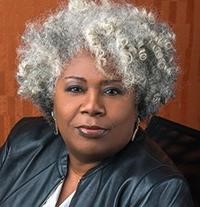 |
Anthea Butler Butler is Associate Professor of Religious Studies and Africana Studies at the University of Pennsylvania. Her research focuses on African American religion and history, politics, religion and gender, sexuality, media, and popular culture. She is the author of Women in the Church of God in Christ: Making a Sanctified World (University of North Carolina Press, 2007). Butler was awarded a Luce/ACLS Fellowship for the 2018-2019 academic year to investigate the prosperity gospel and its political dimensions in the American and Nigerian contexts. |
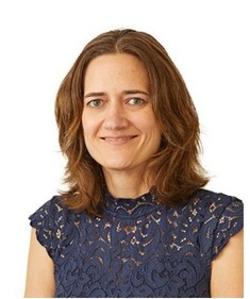 |
Shelly Lesher Lesher is Associate Professor of Physics at the University of Wisconsin-La Crosse (UWL) with an active research program in experimental low-energy nuclear physics and developing the next generation of scientists. She works to educate scientists and non-scientists on the topics of nuclear weapons, energy, and policy in society using a multidisciplinary approach. She is the Director of the American Physical Society’s (APS) Conference Experience for Undergraduate Students for the Division of Nuclear Physics and Chair of the APS Committee on International Freedom of Scientists. Previously, Lesher has held positions at the Katholieke Universiteit Leuven in Belgium and Lawrence Livermore National Laboratory in Livermore, CA. |
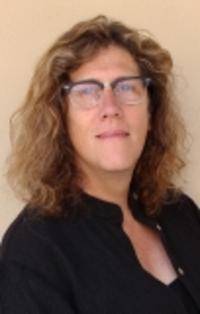 |
Susan Stryker Stryker is Associate Professor of Gender and Women’s Studies at the University of Arizona. She is the author, most recently, of Transgender History: The Roots of Today’s Revolution (Seal Press 2017). She won an Emmy Award for the documentary film Screaming Queens: The Riot at Compton’s Cafeteria (Frameline/ITVS 2005), a Lambda Literary Award for the co-edited anthology The Transgender Studies Reader (Routledge 2006), and the Ruth Benedict Book Prize for co-edited anthology The Transgender Studies Reader 2 (Routledge 2013). She is founding co-editor of the academic journal TSQ: Transgender Studies Quarterly. Research interests include transgender/queer/feminist studies, LGBTQ history, film and media, built environments, somatechnics, and critical cultural theory. |
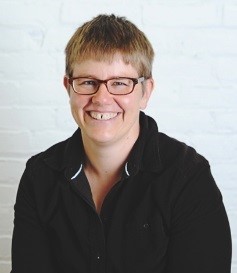 |
Sarah Veatch Veatch is Associate Professor of Biophysics and Physics and is the Associate Chair of Biophysics at the University of Michigan. Her research group studies how physical properties of lipid and lipid mixtures influence cellular functions that occur at the plasma membrane. Lipid bilayer membranes containing cholesterol can support two coexisting liquid phases, called liquid-ordered and liquid-disordered. There is evidence that the presence of this phase transition impacts the organization and function of plasma membrane proteins because the cell plasma membrane is poised in the vicinity of a miscibility critical point. We are currently exploring the physical basis of functional lateral heterogeneity in living cell membranes using a variety of experimental and theoretical approaches, including super-resolution fluorescence localization microscopy, fluorescence imaging of fluctuations in isolated plasma membrane vesicles, and Monte Carlo modeling of basic signaling processes.
|